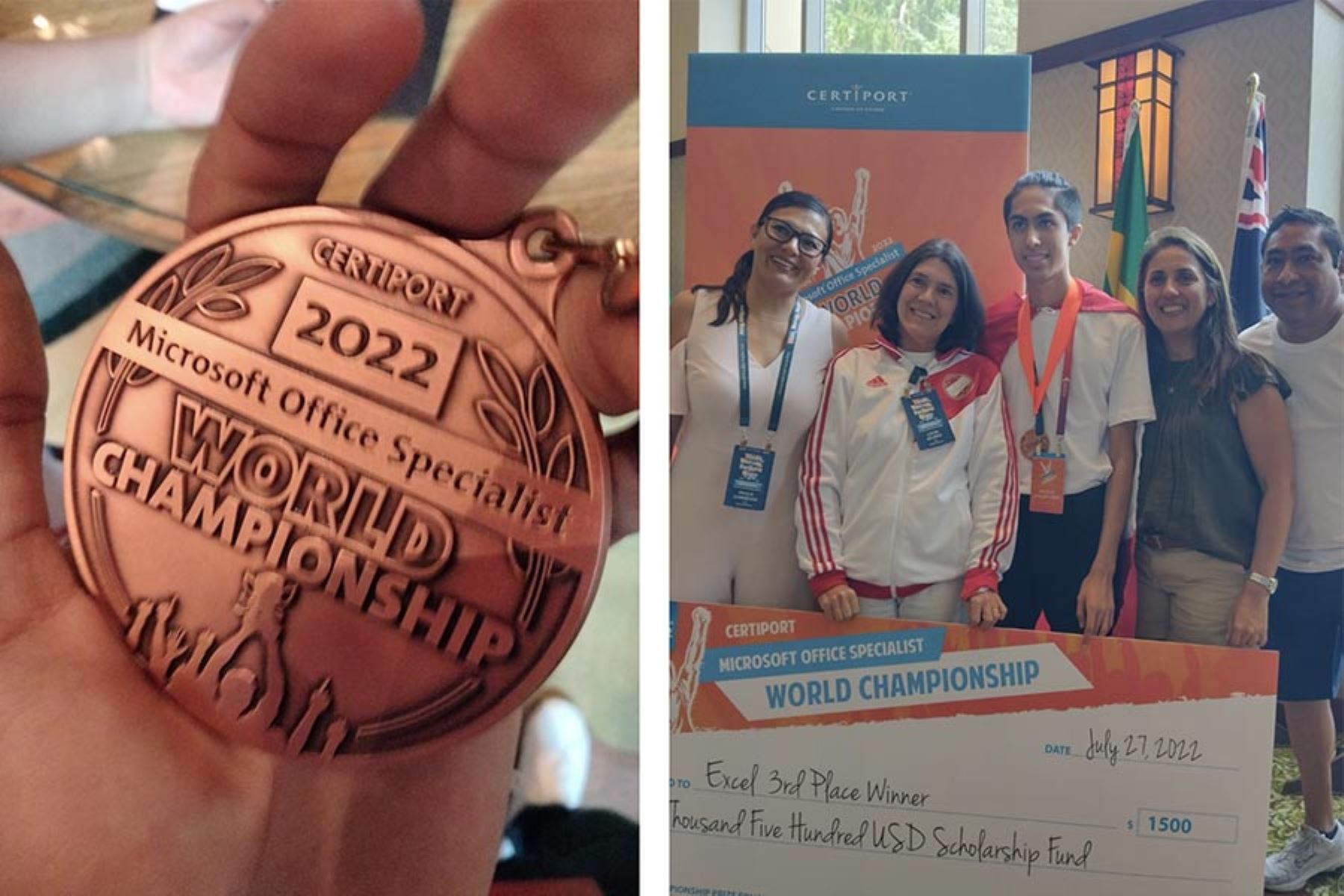Innate Pharma’s immunotherapy (-22% on the stock market, at today’s low) will not cure head and neck cancer, at least not right away. The Marseille biotech, which works to boost the immune system to fight cancer by injecting it with therapeutic antibodies, announced this morning the end of the phase III study, called “Interlink-3”, evaluating monalizumab in combination with cetuximab in patients with recurrent or squamous head and neck cancer, previously treated with chemo and PDL1 inhibitors, i.e. first- and second-line treatments.
The future of immuno-oncology lies in product combinations, due to limited response rates in monotherapy.
The monalizumab antibody, which aims to reactivate “Natural Killer” NK killer cells, was discovered by Innate Pharma and the British giant has bought the rights to it. In return, Innate Pharma is eligible, in total, for a maximum of just over $1 billion in milestone payments (linked to the clinical progress of indications), in addition to the unprecedented initial payment of $250 million. for a listed French biotech, remind financial analysts. “So far, Innate has received $450 million from AstraZeneca”, we calculate at Invest Securities. And if one of the treatments were to be marketed, Innate Pharma would also receive double-digit royalties.
Monalizumab in the indication of head and neck cancer was the most advanced clinical development of Innate Pharma, and one of the most promising, but the British giant AstraZeneca decided to stop the evaluation in phase III at following a futility analysis showing that the combination did not reach the predefined efficacy threshold.
Hopeful in lung cancer
Research on monalizumab is nevertheless continuing in lung cancer through two capital clinical studies: a phase III which recently included its first patient, “Pacific-9”, for the most serious forms known as “non-small cell, stage III, inoperable” and a phase II, “NeoCOAST-2”, in early-stage lung cancer.
The phase II clinical results, presented in September by AstraZeneca, of the tests carried out in lung cancer with monalizumab associated with its own product Imfinzi (durvalumab antibody), reference treatment for this pathology, impressed the scientific community, with a doubling progression-free survival compared to Durvalumab alone (response rate of 36% compared to 18% for Infimzi alone).
Innate is also continuing its own development of lacutamab (in phase II) and its Anket platform. This new technology, which makes it possible to manufacture multi-specific antibodies against cancer by targeting several targets at the same time, is considered very promising.
–


